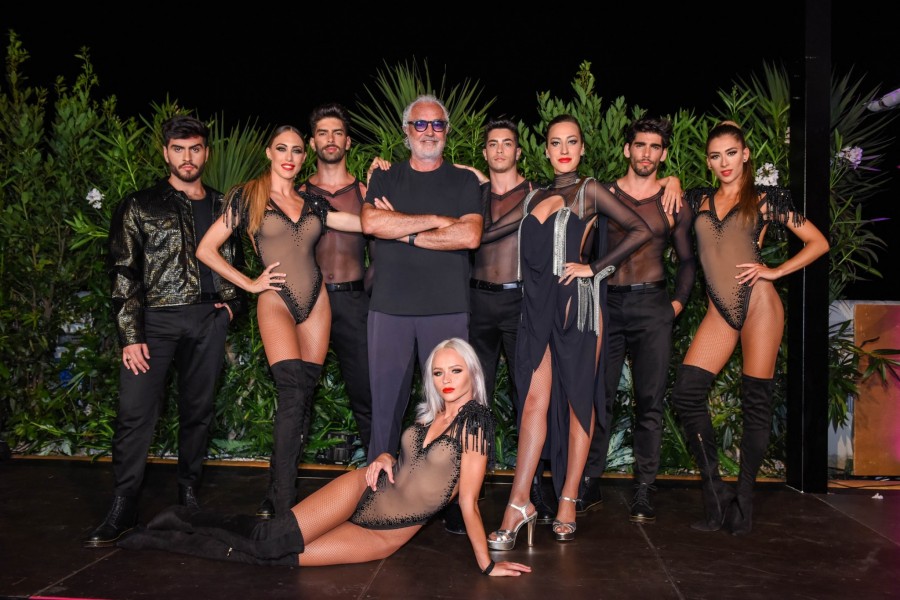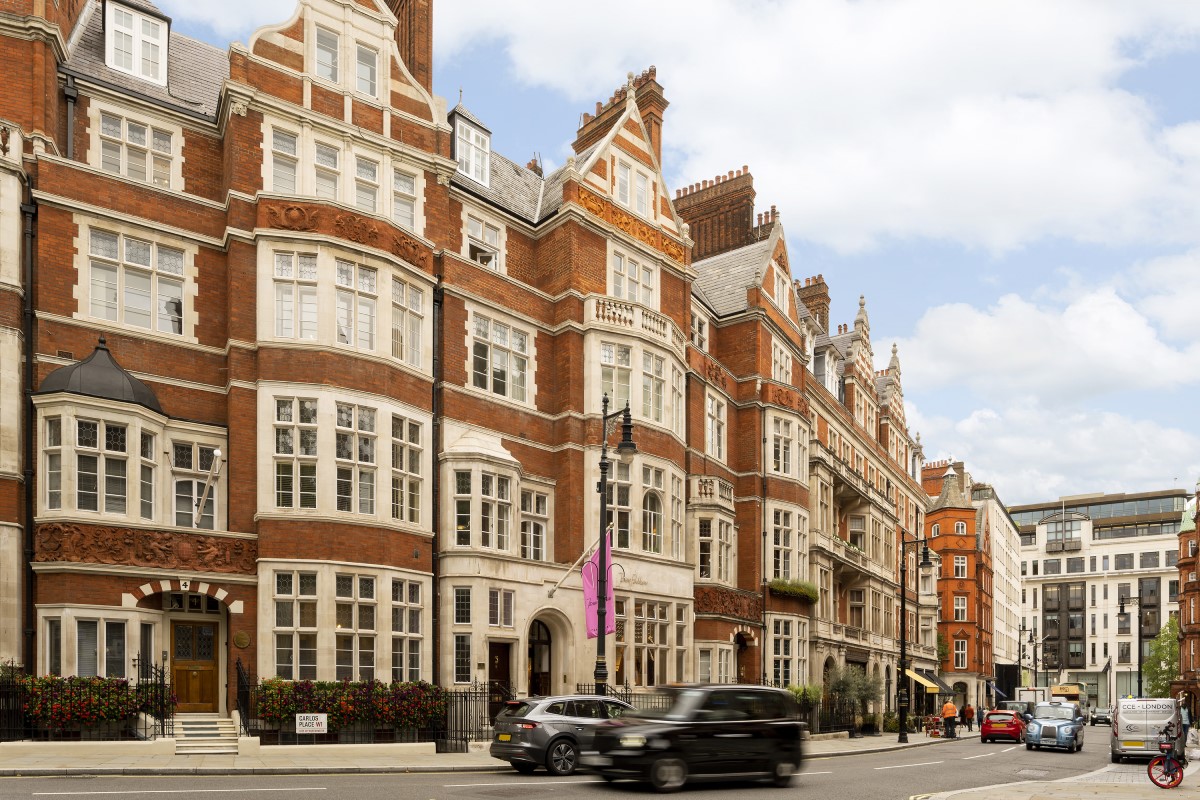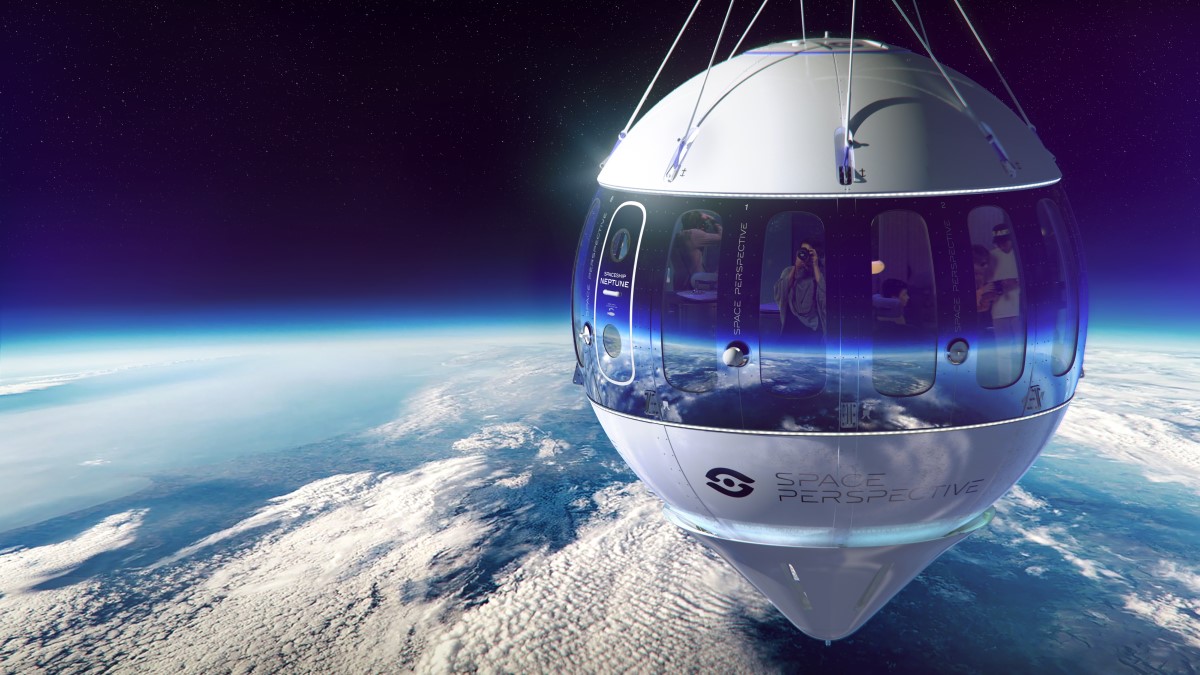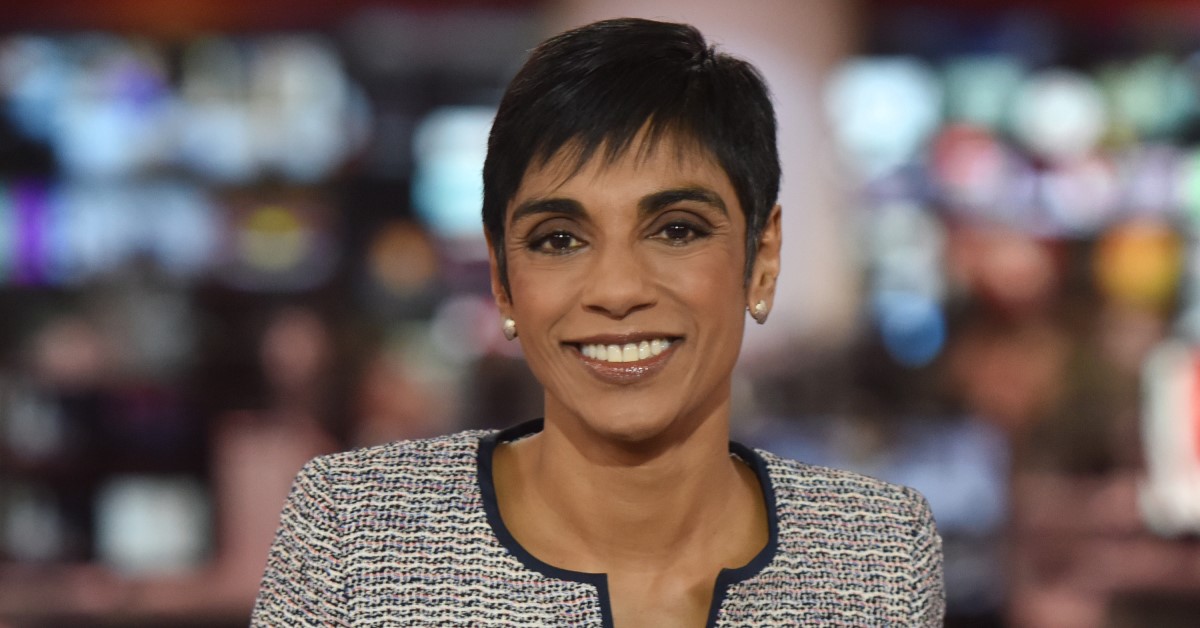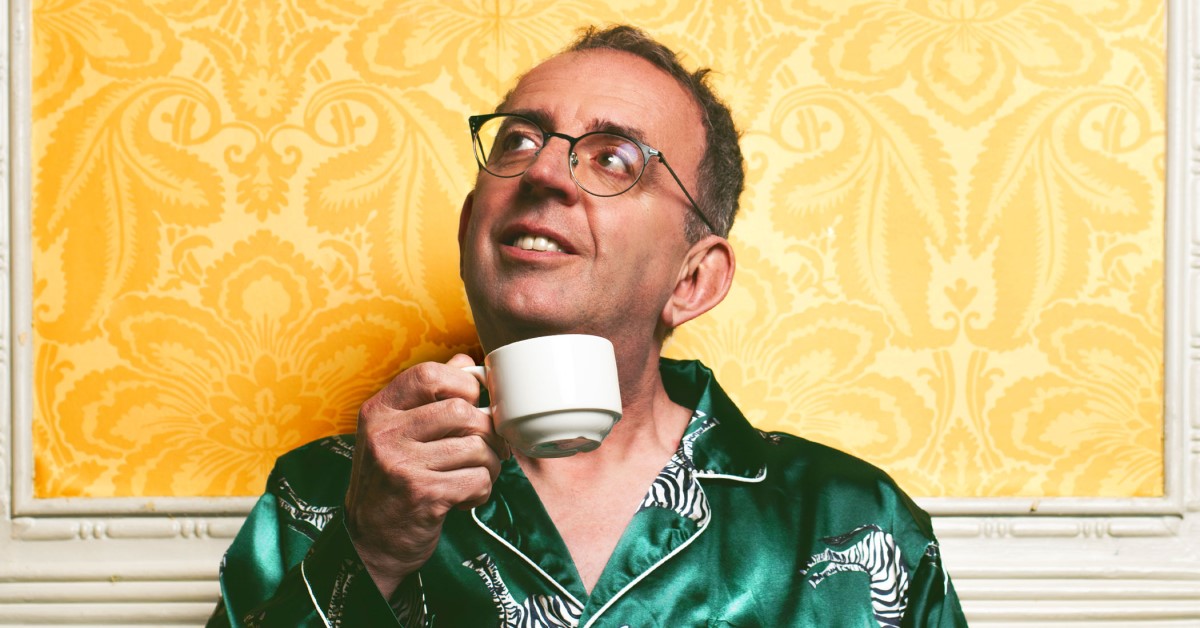Flavio Briatore is one of the foremost names in the world of Formula 1. The suave Italian was instrumental in transforming the sport into a glamorous and aspirational lifestyle, with an approach to building teams based on marketing and discovering exceptional talent.
More recently, the Monaco-based Briatore has ventured into hospitality, creating a number of successful food, drink and entertainment venues that are at once luxurious and fun.
Where it all began
Briatore has experienced many obstacles along his journey, but he has often found himself at the right place, at the right time. It was while working at the Italian Stock Exchange in Milan that Briatore began a fruitful friendship with Luciano Benetton, founder of the clothing brand – who encouraged the young Briatore to help him launch around 800 stores in the United States during the 1980s – a lucrative deal for both parties. “Without Benetton, there would be no Briatore, that’s for sure,” he says, his deep, well-used and heavily-accented voice crackling over the phone line. “Benetton is part of my family. I’m very close with Luciano. I recognise all the time that without him, I would be nothing.”
Benetton entered Formula 1 in the mid-80s, and Briatore was brought in as commercial director before staking his claim as managing director, and began to use his experience and instinct to make the fledgling F1 team a success. “Luciano gave me the chance; he had the idea to put me into the world of Formula 1. Before this, I hadn’t even seen a race before. It was a new challenge, a new business… I had the opportunity now, but I had to perform. I needed to deliver.”
Briatore says that he didn’t understand the appeal of Formula 1 until he threw himself into the lifestyle, noting the potential for the sport to be an unparalleled marketing tool for Benetton and vice versa. “At first, I didn’t understand why Benetton spent so much money on this sport. At the time, Benetton was really at the back of the group. But then I started watching the races and going deeper into the business; in a few months, I began to understand that there were opportunities in the sport.
“Benetton was global, with shops in over 70 countries. We began being approached by newspapers and sport TV. Formula 1 became amazing publicity for Benetton. People began to recognise Benetton for Formula 1, not just for the shops.”
An expert at marketing
Briatore was a master at depicting to viewers the exciting, luxe lifestyle that Formula 1 promised. “We already had the technical side down. We had the newspapers, the magazines. We wanted to make it more about the lifestyle. This is when we started to host models like Heidi Klum, Naomi Campbell and Eva Herzigova at the races. Formula 1 became not just a technical operation, but a lifestyle thing too – the rich and famous lifestyle.”
Briatore’s approach to marketing was central to Benetton’s success – but this would not have been possible were it not for the nurturing of prodigious talent in the sport. Briatore encouraged a young Michael Schumacher to join the burgeoning Benetton team, and by the time his time with the company was over, they had won three championships, and had made sporting history. “When you discover a driver like that, you need a bit of luck and you need to build a strong team focused and motivated around that talent,” he says, noting that his goal was to emphasise the personality of the young, dynamic drivers coming into the sport in order to depict a lifestyle that the public desired.
Working with sporting icons
In 1998, Briatore was fired from Benetton – but the company’s F1 team was sold to Renault a couple of years later, and the Italian was brought onto the Renault books as team manager. It was here that Briatore instinct for phenomenal young talent really paid off, with Fernando Alonso winning four championships and creating a new icon in the world of racing. “Being able to work with talent like Michael and Fernando is fantastic. It’s unique. You’re working with two of the most unbelievable sportsmen ever.”
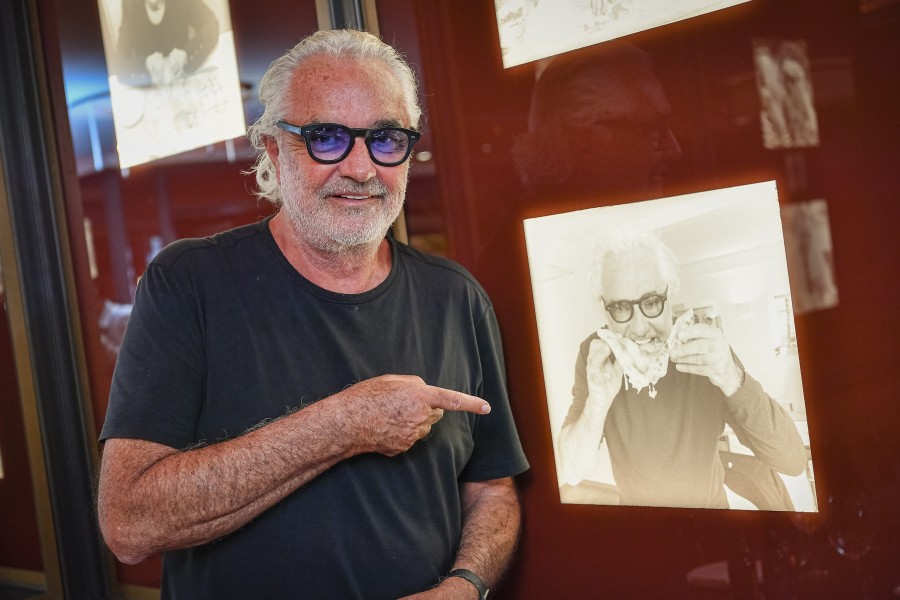
A new venture
Briatore left Renault in 2009 and banned from participating in the sport in a significant way after he was accused by the FIA of participating in a race-fixing scandal – charges he was later cleared of by a French court and compensated for. He began to look more to his other ventures, which by this point included the hospitality brand Billionaire – a dining and entertainment venue that exemplified the lifestyle he had so expertly created in the world of F1. “I wanted to create something different – better or worse, I don’t know; but I wanted to create something different,” he says of Billionaire. “I wanted to put the client on top of the podium. We wanted the best clients, the best quality, service and energy.
“The name Billionaire was very strong. Some people didn’t take it seriously, but everyone remembered the name.”
Billionaire, located in Porto Cervo, Sardinia and later Monte Carlo, became one of the world’s most exclusive clubs, seeing the most prominent movers and shakers of the jet-set elite dropping in for drinks, dinner and dancing.
Briatore’s hospitality portfolio now includes Twiga, originally in Monte Carlo and now residing elsewhere in Monaco, and its offshoot on Sloane Street, Sumosan Twiga (“Japanese on one side, Italian on the other – as well as a disco”); as well as a newer concept, Crazy Pizza – a more relaxed but still luxurious take on hospitality. “I liked the idea of taking a street product, a product that everybody eats – and serving it in a really nice, luxury environment.
“The problem with pizza is that it’s often too heavy. We make the pizza with no yeast, so it’s very light and also cheap. It’s simple. We elevate the product with whatever champagne you want, whatever wine you’d like. I believe that in the next seven to 10 years, we’ll have 80 to 90 Crazy Pizza sites worldwide.” For now, there are sites in Monte Carlo, Porto Cervo and Marylebone.
Currently, Briatore is working on a new dinner show format specifically for Billionaire Dubai. “We have very good performers and choreographers to create the dinner show, which for me is the future. You’ll see people dancing and singing, and you’ll see acrobats. There’s lots of entertainment. I believe this is key. People want quality food and entertainment in the same space; and our goal is to keep the client from 8pm to 2am. Right now, particularly with Coronavirus, we need to be optimistic and aggressive in the market.”
Briatore currently resides in Monaco, though he lived in London for 17 years. “If you live in Monaco, you really appreciate the quality of life here. It’s beautiful, safe and well-maintained. There’s lots of entertainment too.
“It’s a real gem. A diamond.”
Read more about interesting characters here.

